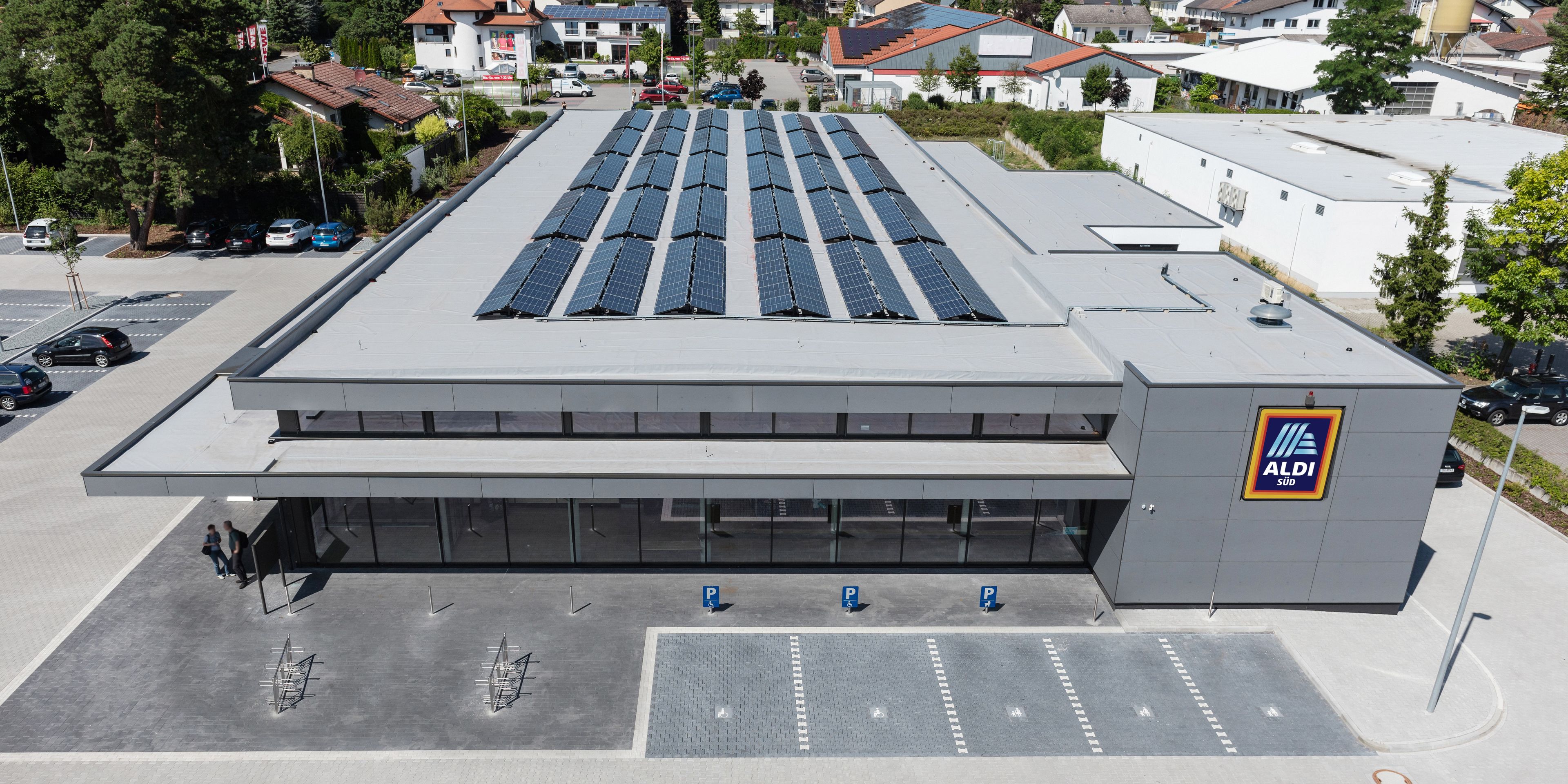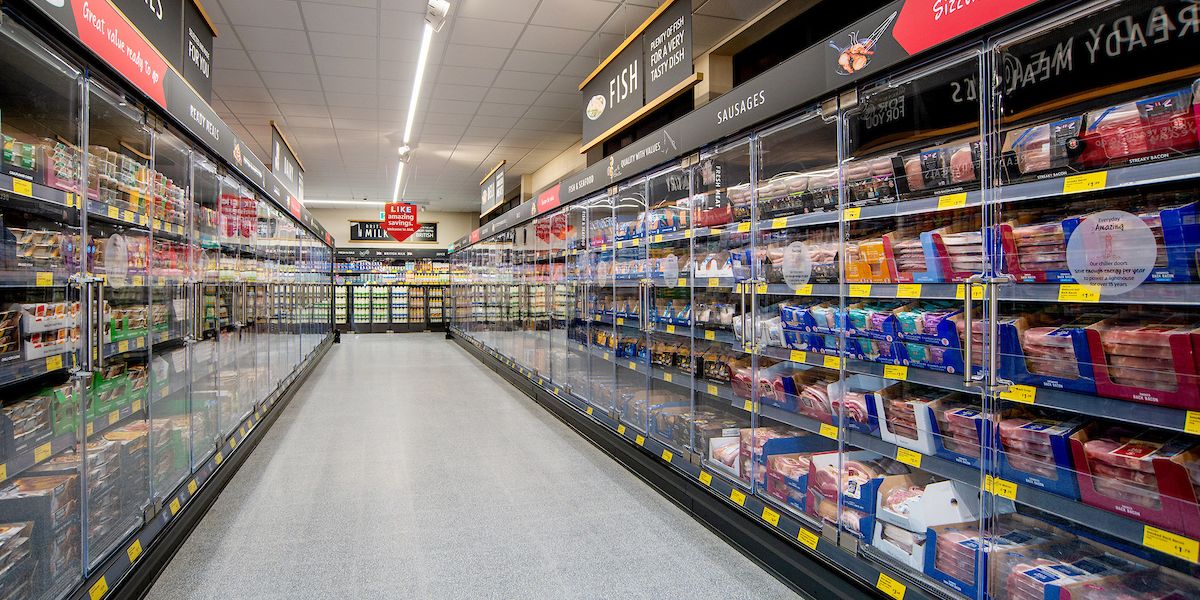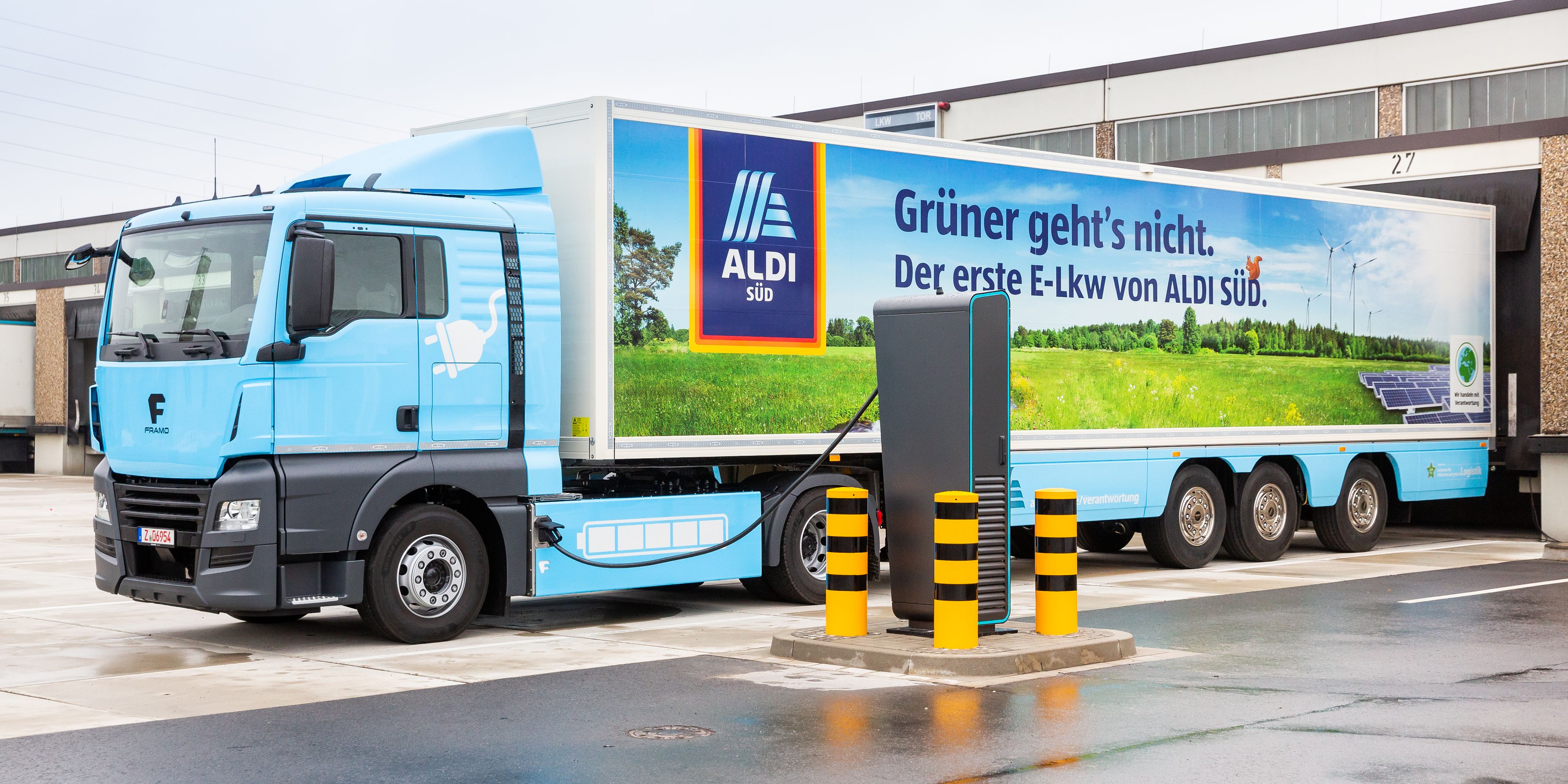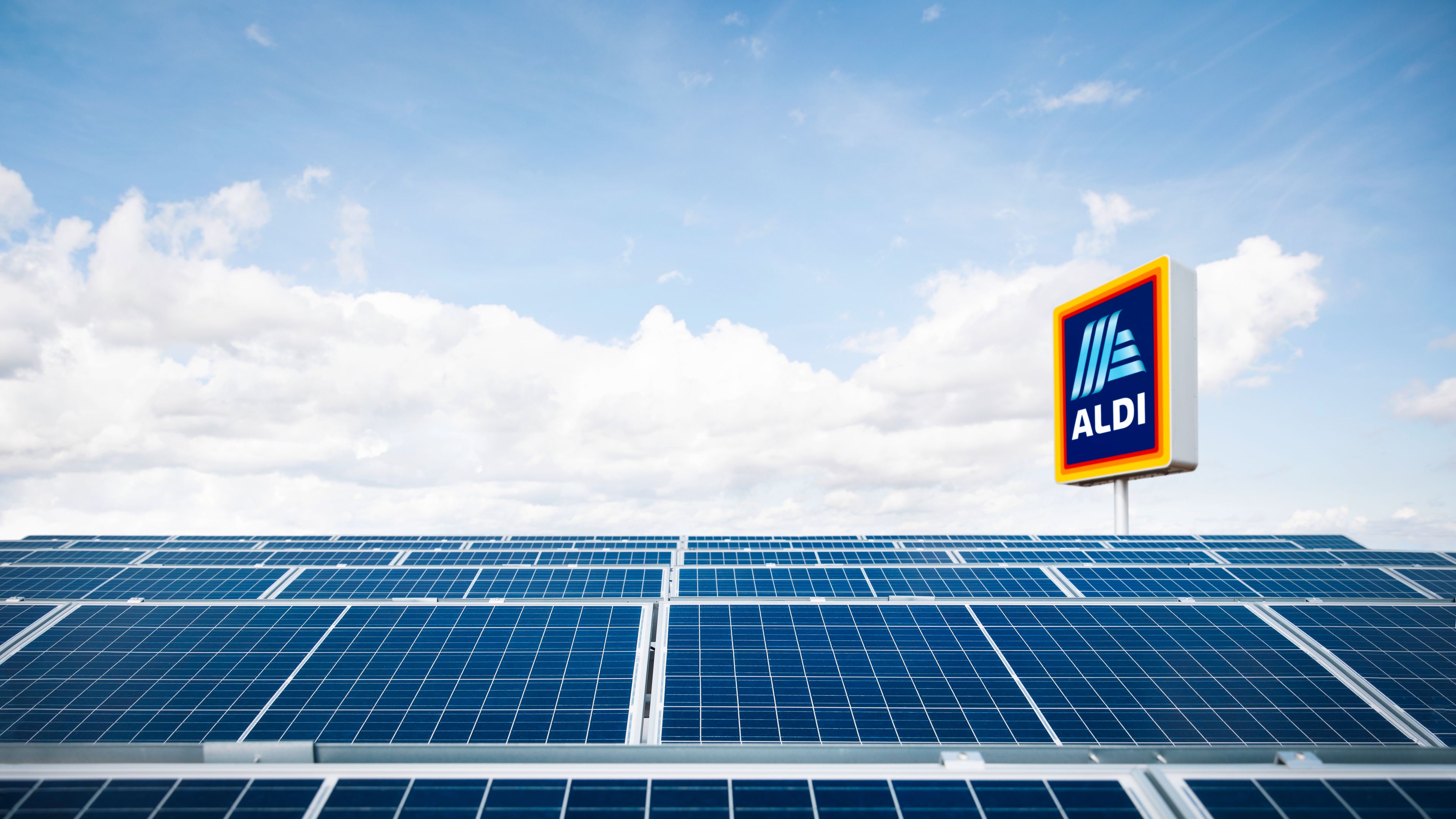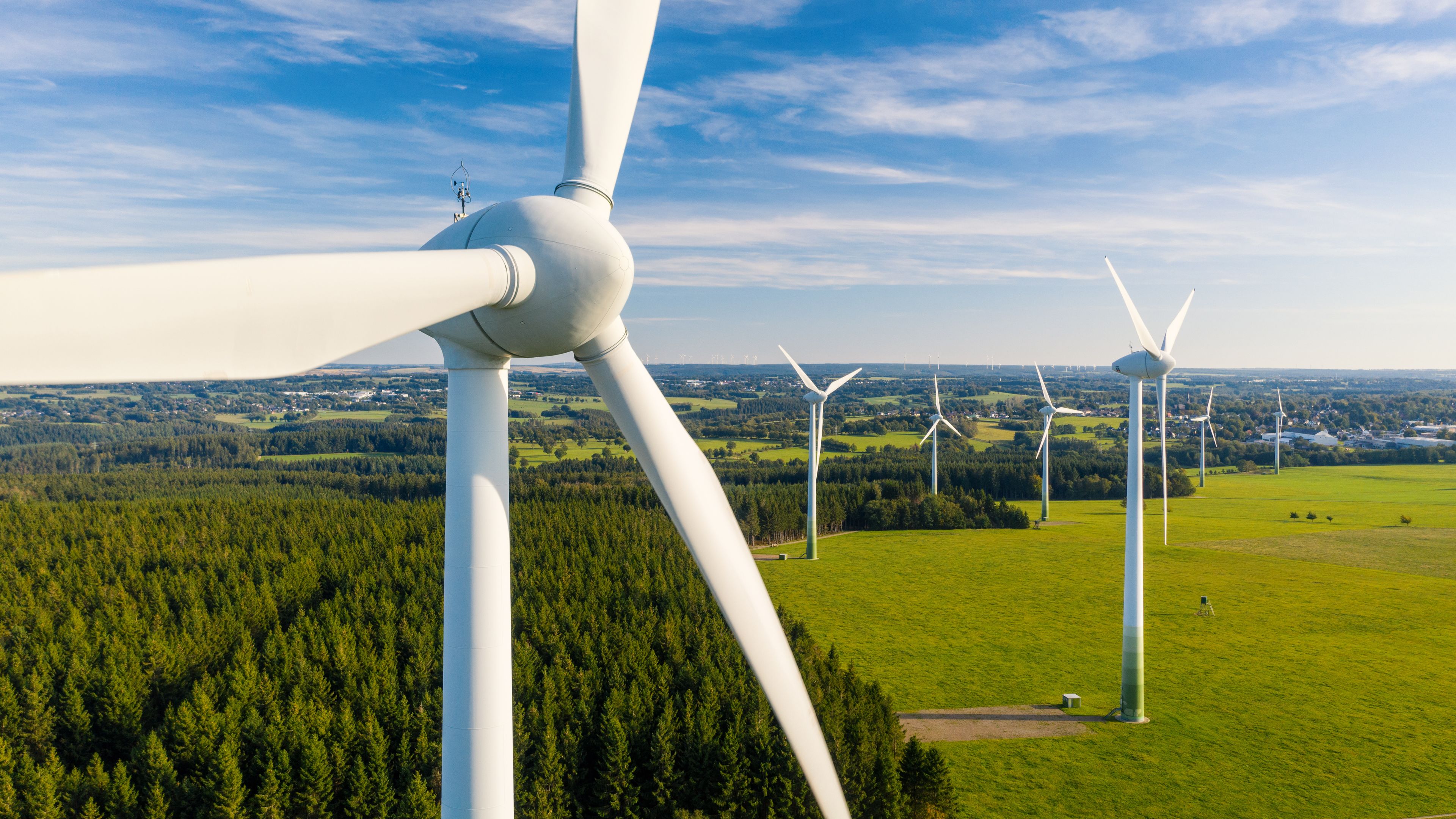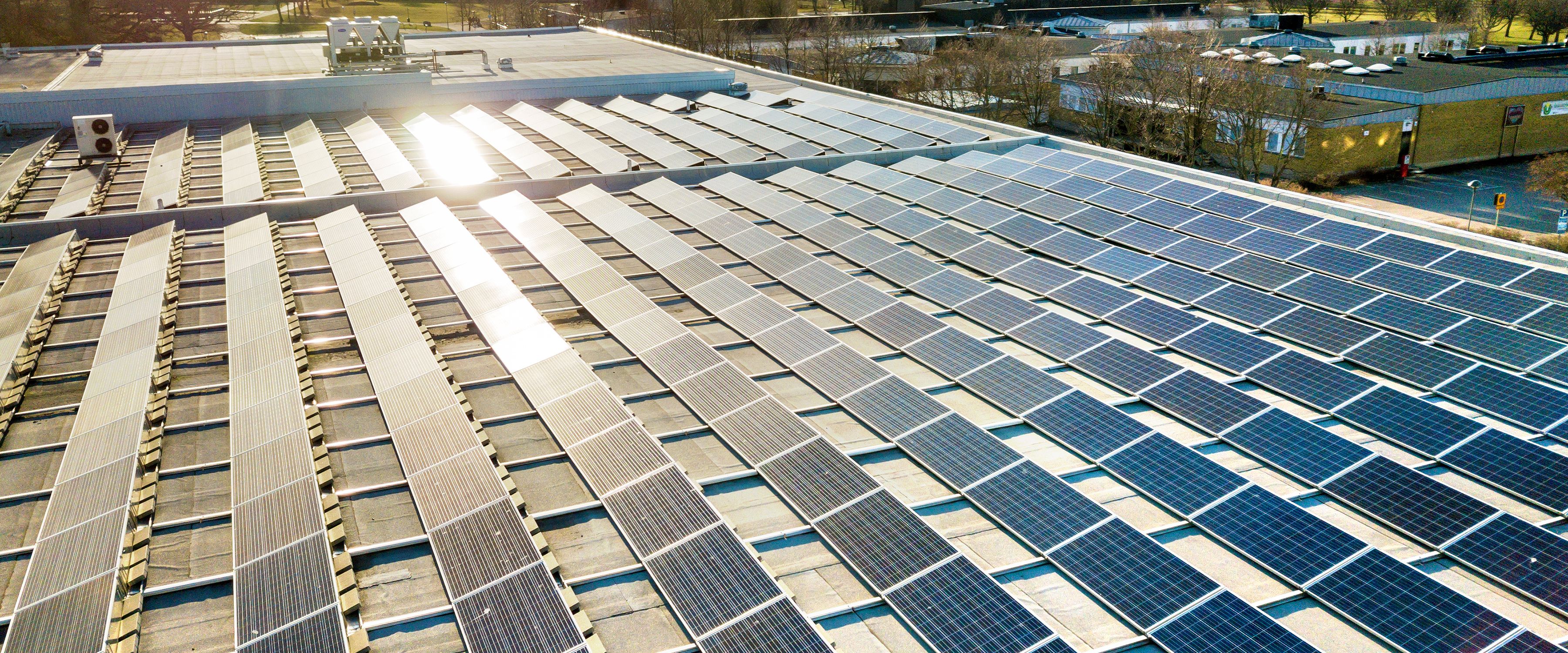

Our goal is to minimise the impact of our corporate activities on the environment. Therefore, it’s critical to reduce our carbon footprint. By 2035, we want to achieve net zero for all emissions from sources we own and control.
Operational emissions - also called Scope 1 and 2 emissions - are those directly related to our own assets and corporate activities. Most of them come from electricity use, refrigeration, heating, and transportation. Over the last few years, we made significant progress in reducing our operational emissions. Since 2022, the ALDI SOUTH Group has purchased green electricity across all its markets. Almost all electricity used in our stores, regional distribution centres and offices comes from renewable energy sources. We fitted photovoltaic systems on the roofs of our ALDI stores worldwide and implemented natural refrigerants for our cooling systems.
Limit global warming - a business imperative for the ALDI SOUTH Group
Climate change is already affecting us today. Extreme weather events such as droughts, floods, or heavy storms become more frequent and impact our supply chains. The science is clear: We need to cut emissions to limit global warming and reduce negative impacts on people and the planet.
We acknowledge our contribution to climate change and our responsibility to reduce emissions. As a global retailer, the ALDI SOUTH Group can promote sustainable industry practices and educate customers on sustainable products. Climate action is a central focus of our Global Sustainability Strategy.
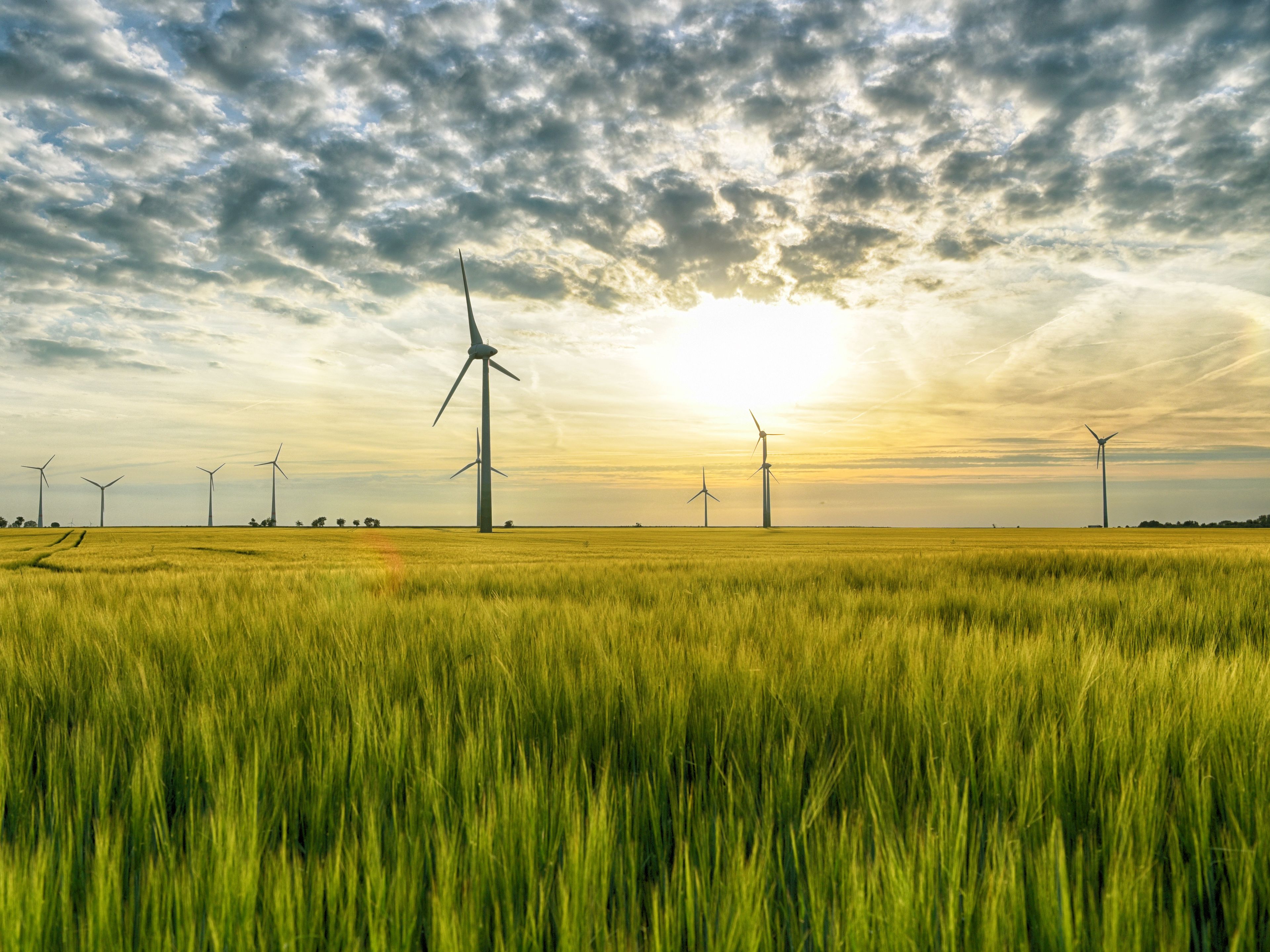
How can we reduce operational emissions?
As our business is growing, and reducing our overall emissions is quite a challenge. To reach this target, we equip our new ALDI stores with energy-efficient technologies and implement low-emission measures. Additionally, we plan major refurbishments for established stores and facilities. By the end of 2023, more than 2,300 of our stores and regional distribution centres had photovoltaic systems (solar panels) installed, and more than 6,700 stores were running on natural refrigerants. We are testing alternative heating sources, moving away from gas and diesel towards lower carbon solutions.
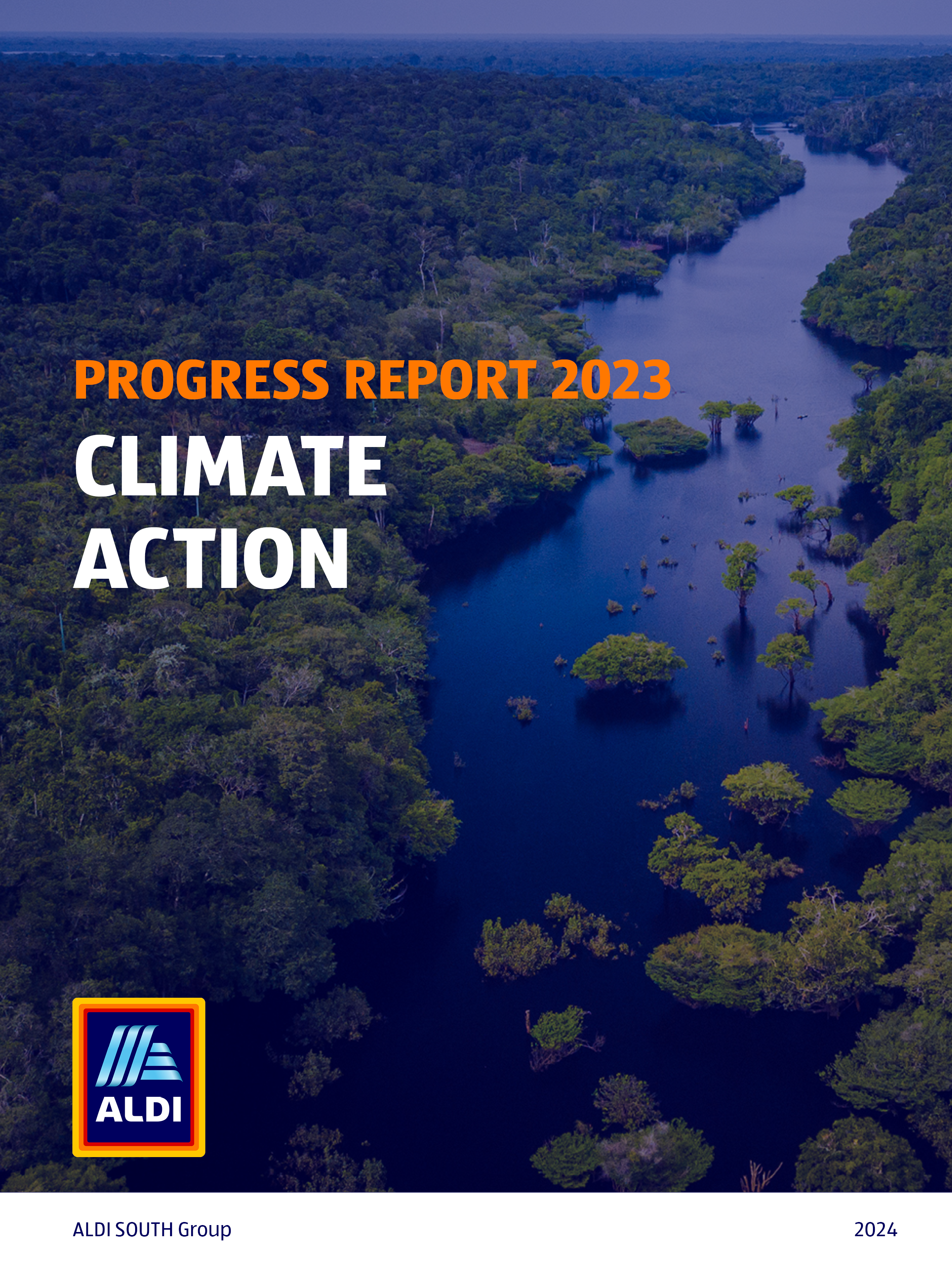
Monitoring and reporting on our progress
We collect data and monitor our progress to understand if the measures we take are effective. Since 2012, the ALDI SOUTH Group has reported its Corporate Carbon Footprint annually. The emissions for all business processes and locations are calculated according to the Greenhouse Gas Protocol.
We consider the data quality for our operational emissions good, as we collect primary data for most of these emissions, i.e., from electricity meter readings. However, we constantly strive to improve our data quality and ensure effective emission data management.
But what about reducing emissions in our supply chains?
Since 2016, the ALDI SOUTH Group has achieved a 63 per cent reduction in absolute operational emissions (Scope 1 and 2). At the same time, our operational emissions assemble only a small margin. Most greenhouse gas emissions connected to our business come from our supply chains. Those so-called Scope 3 emissions arise from products we purchase, transportation and distribution processes within the supply chains, as well as the customer use once the products have been sold.
We work closely with our suppliers to reduce Scope 3 emissions. Our common goal is to lower overall product emissions - from farm level to manufacturing to usage. We also expect them to set climate targets in line with the Science Based Targets initiative (SBTi).

